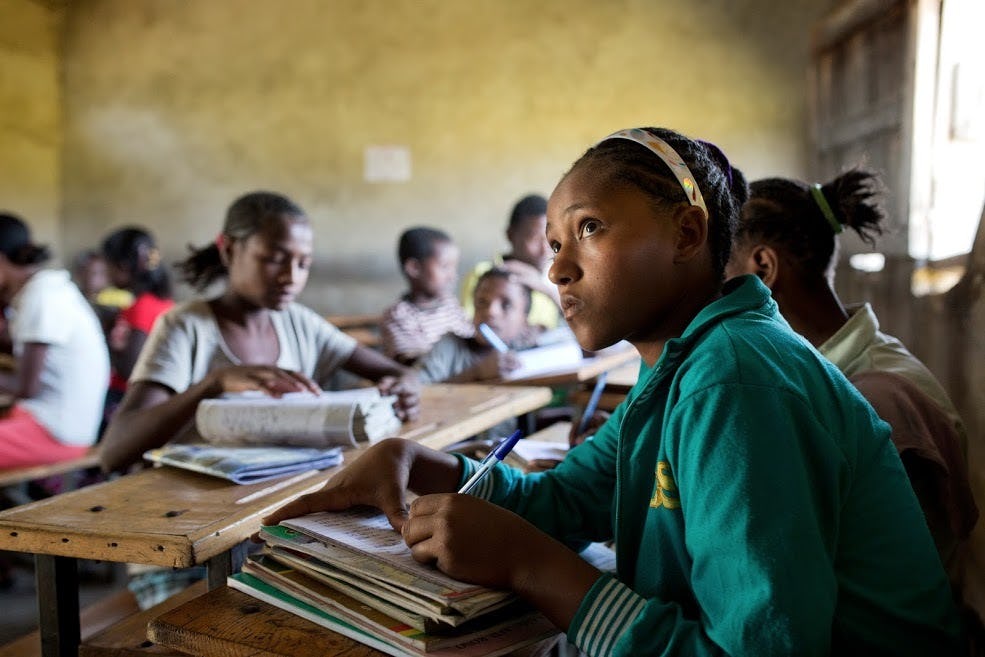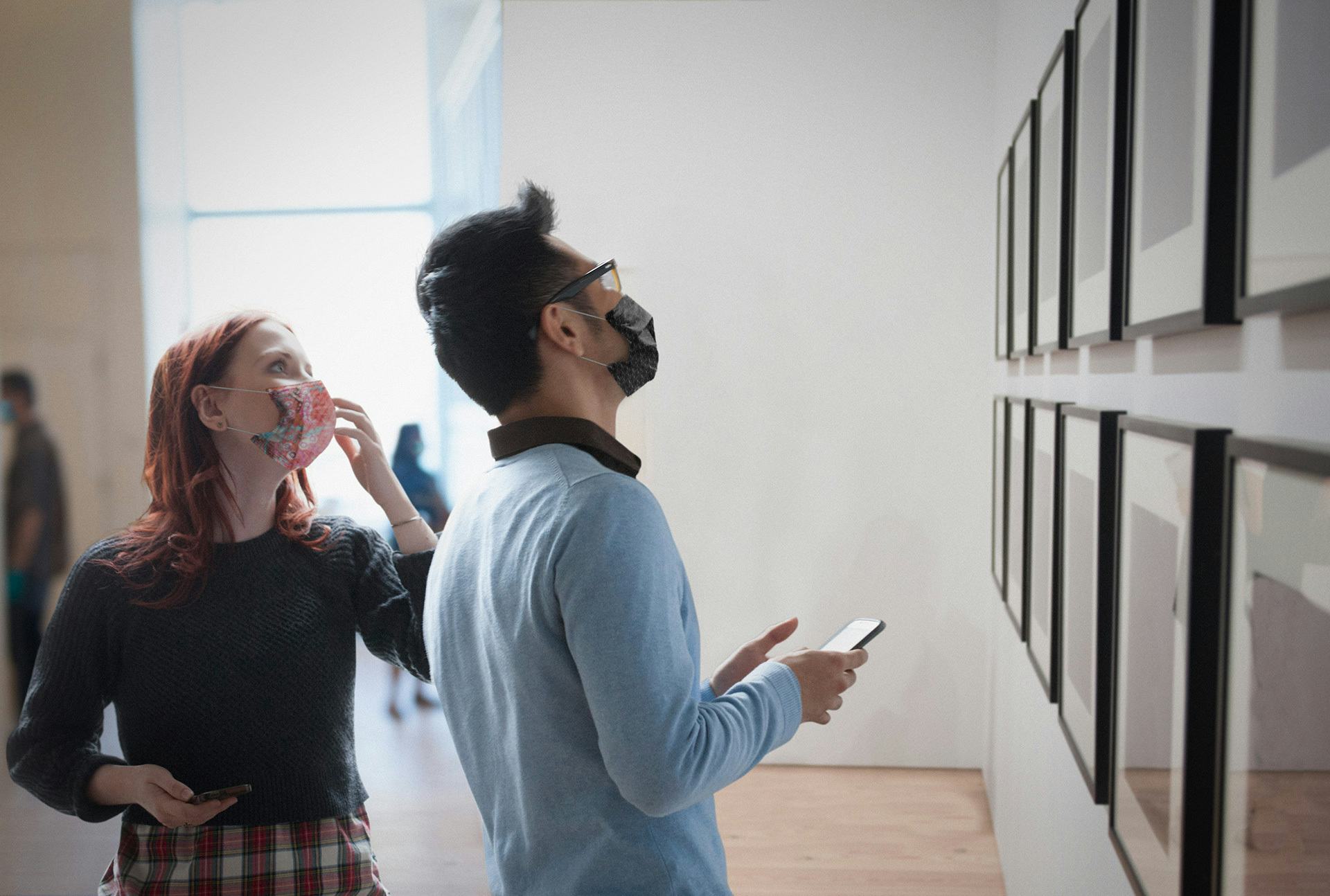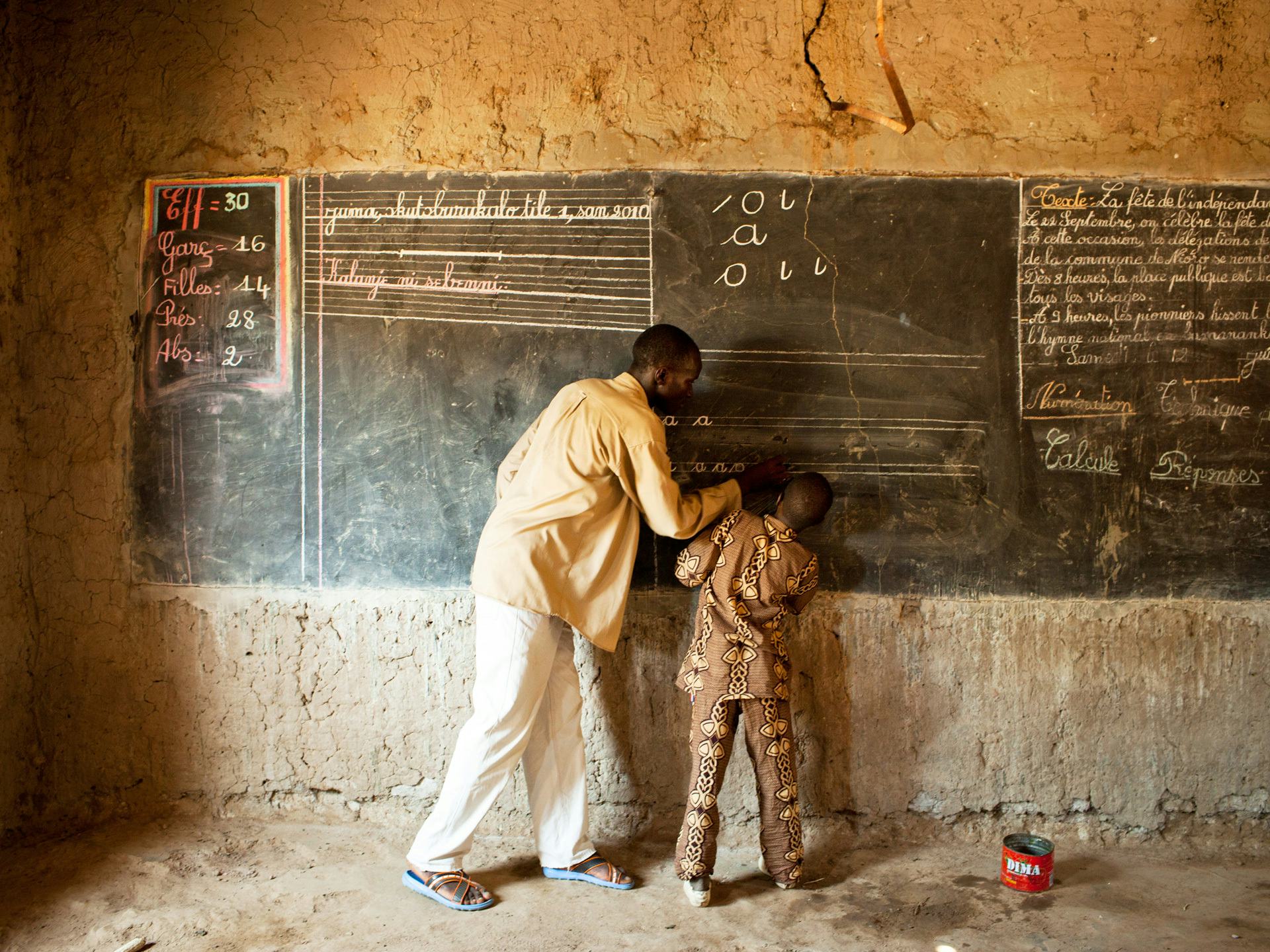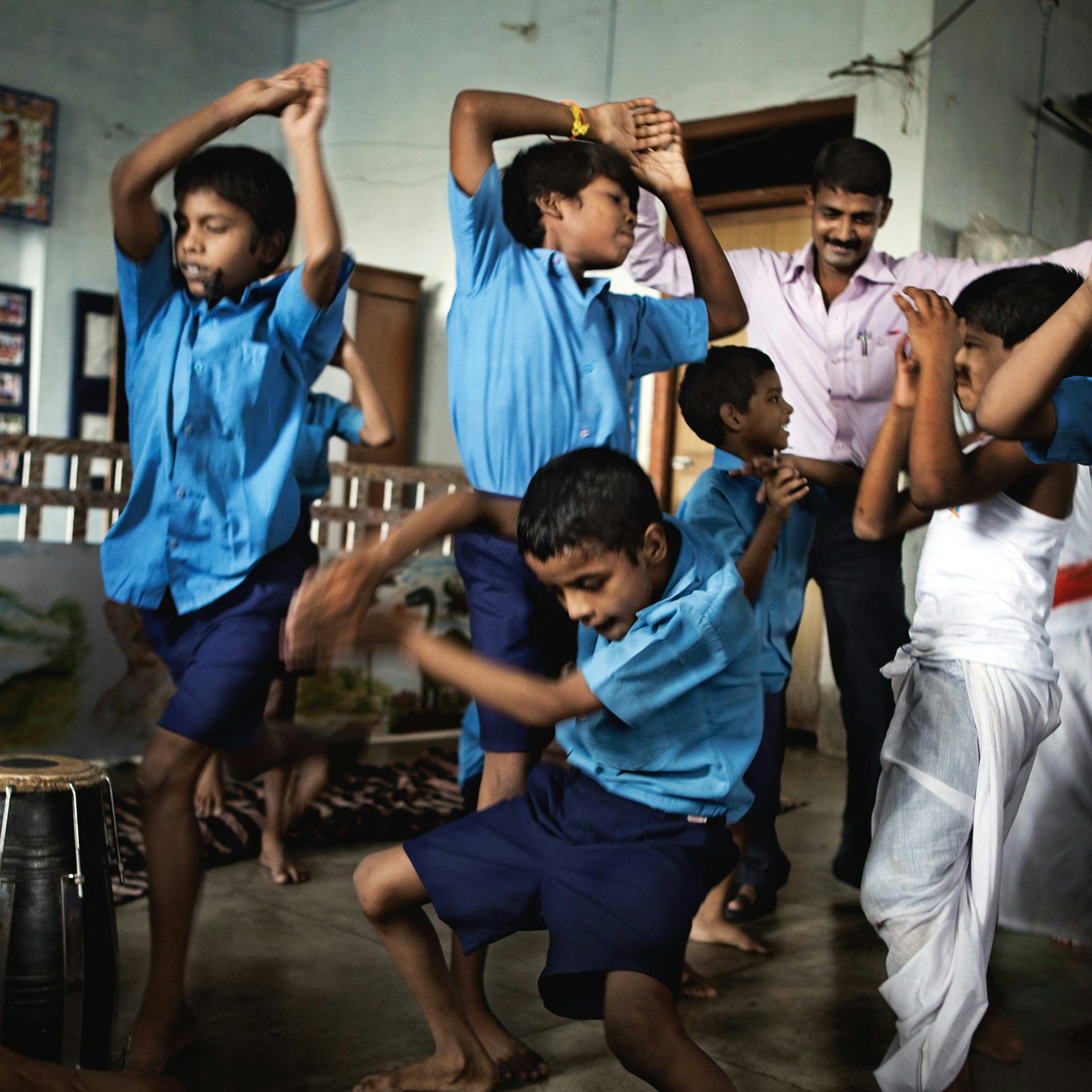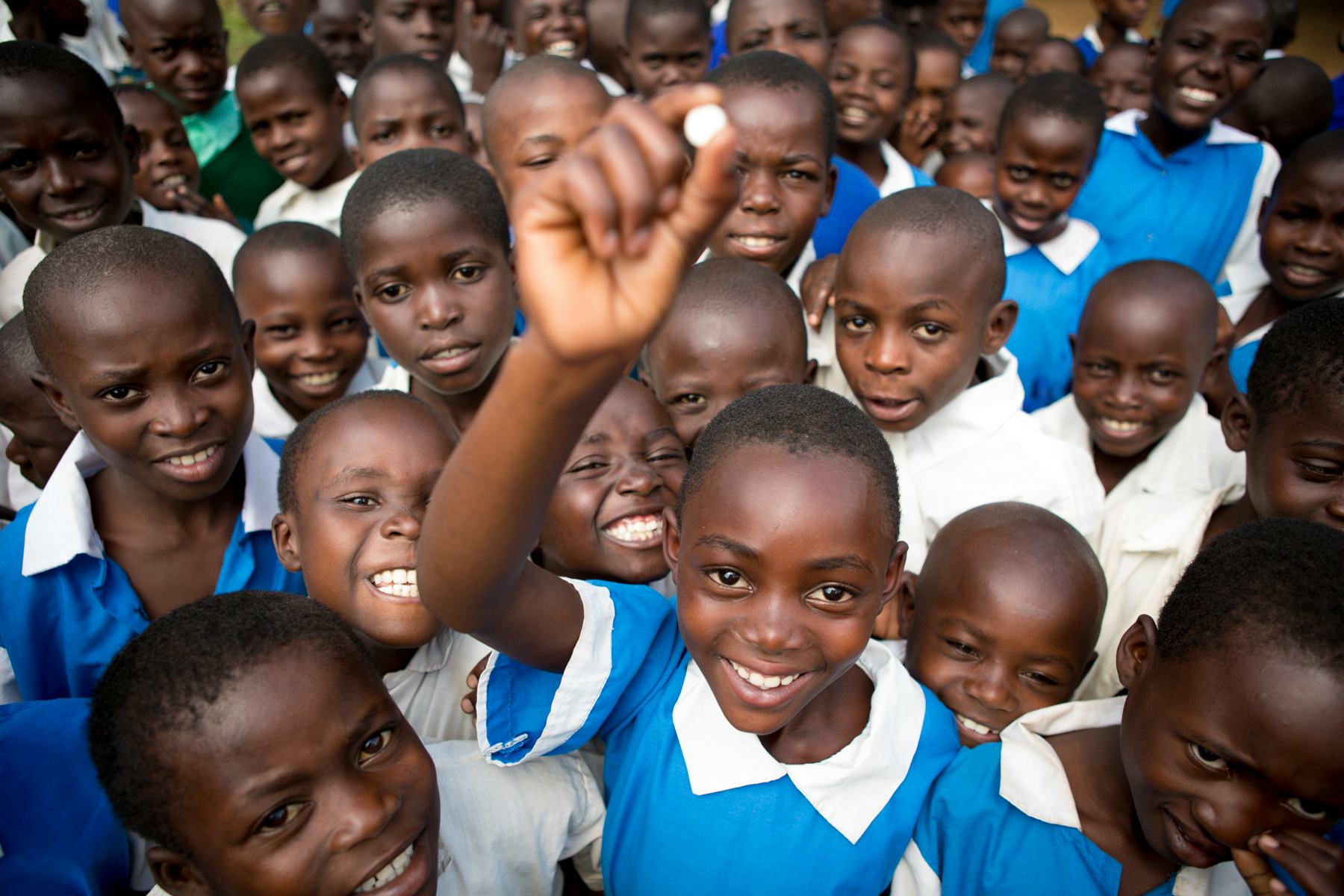The Luminos Fund gives children excluded from school due to poverty, discrimination or conflict, a second chance for a mainstream education.

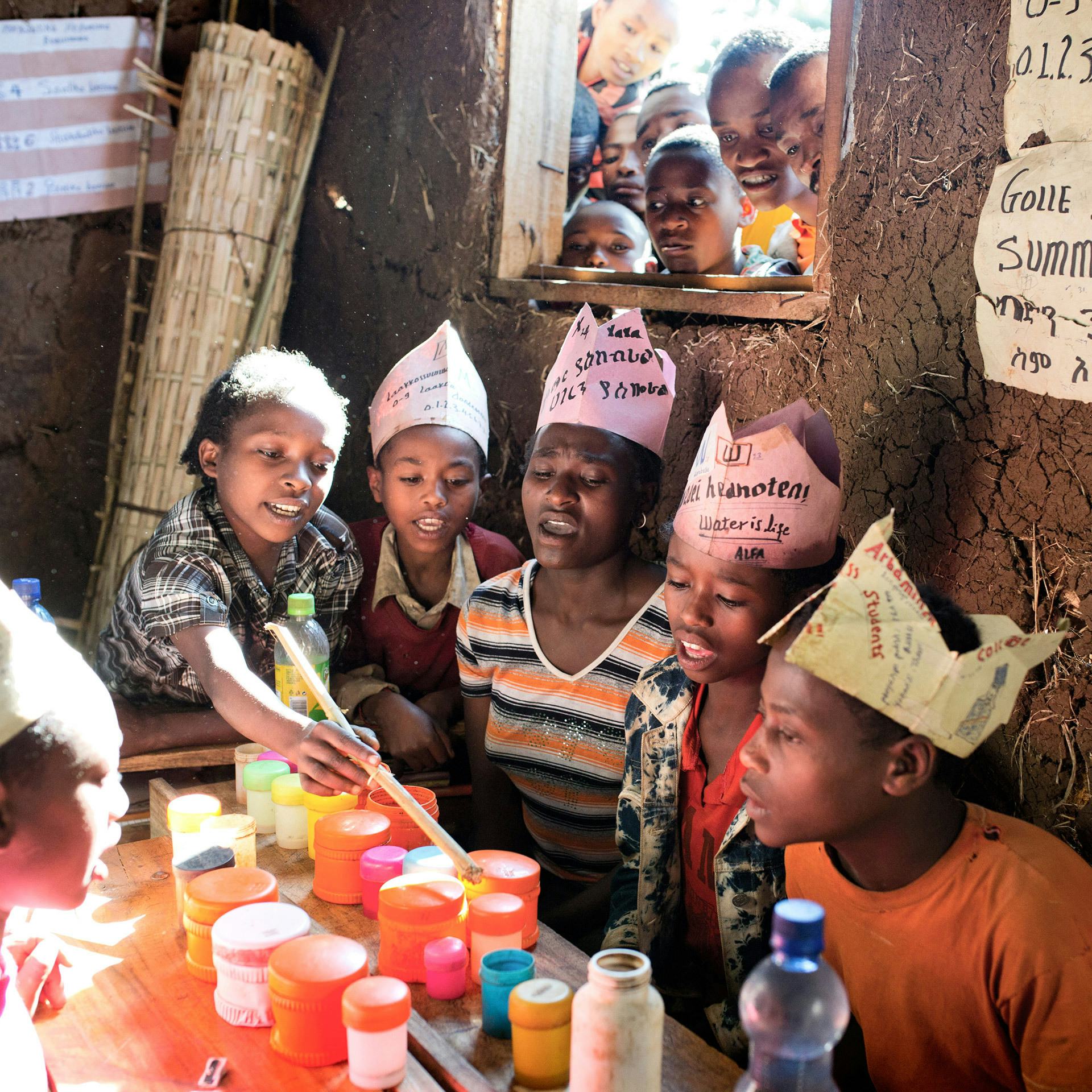
The Luminos Fund gives children excluded from school due to poverty, discrimination or conflict, a second chance for a mainstream education.


Today there are over 250 million children around the world who do not know how to read or write. When children miss out on acquiring basic numeracy and literacy skills they face a much greater risk of a lifetime of poverty and poor health.
The Luminos Fund operates ‘Second Chance’, an accelerated learning programme that helps children who have been excluded from school due to poverty, conflict or discrimination to transition back into mainstream education.
The Luminos Fund was founded in 2016 by Legatum and today is led by CEO, Caitlin Baron.
Legatum continues to be a close partner of the Luminos Fund, supporting the organisation’s ongoing work. Philip Vassiliou, CIO and Partner of Legatum, and Guy Cave, President of the Legatum Foundation, serve as members of the board.
Legatum first became involved in accelerated learning initiatives in 2007 when a partnership was formed with the Stromme Foundation, a Norwegian-based development organisation working in microfinance and education. The programme had a goal to reach over 32,000 children in Mali, Burkina Faso and Niger with an accelerated learning programme that covered the first three years of schooling in just ten months.
After the successful trials in West Africa, the model was tested for its transportability and scalability in Ethiopia, where it was further developed to incorporate three languages.
After seeing the concept proven twice, the programme was ready to be scaled up. In 2016, building on the learnings from Legatum’s previous collaborative donor vehicles (the END Fund and the Freedom Fund), the Luminos Fund was launched. Caitlin Baron, bringing ten years of experience as a director at the Michael and Susan Dell Foundation, was appointed as CEO to lead the organisation towards its goal of helping six million children.
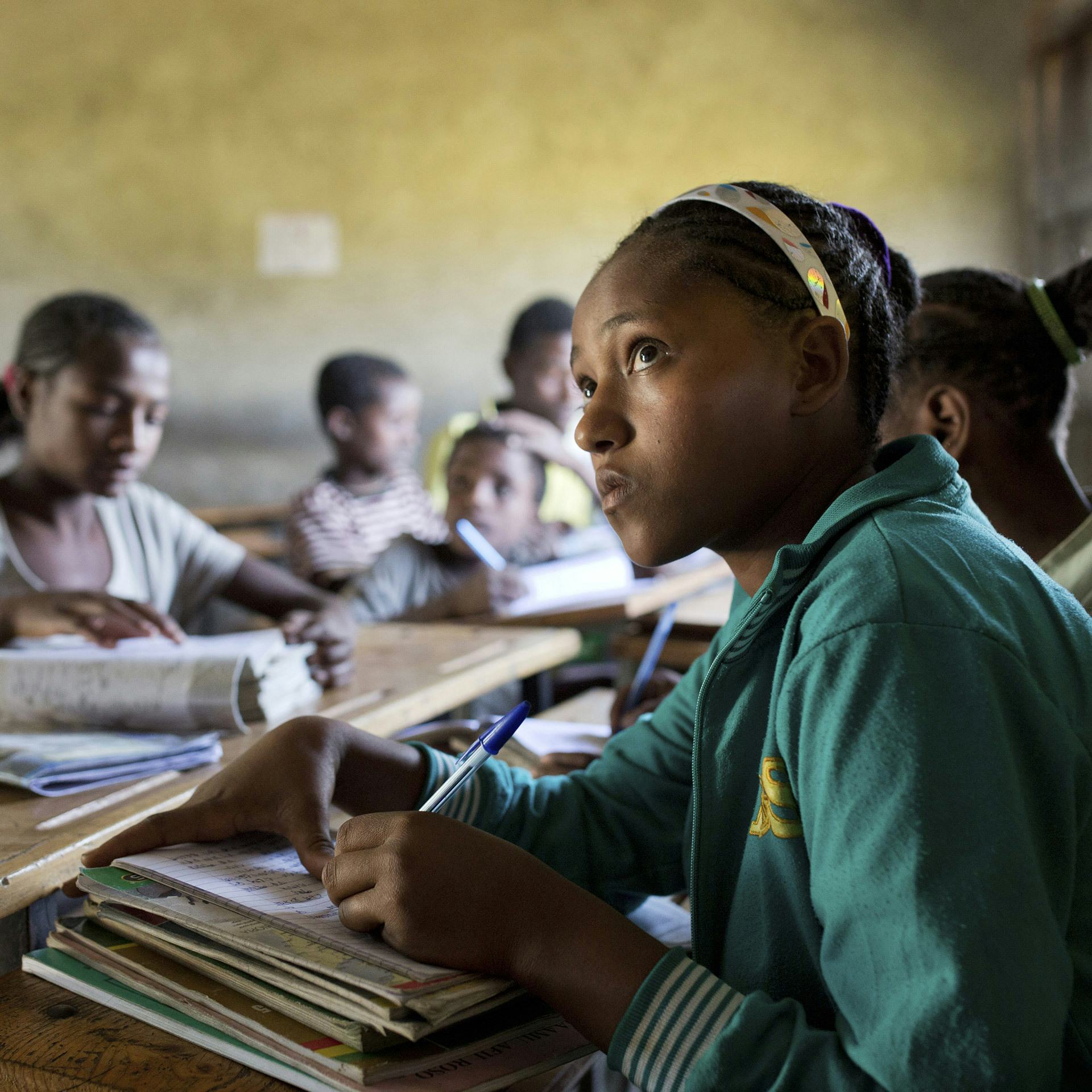
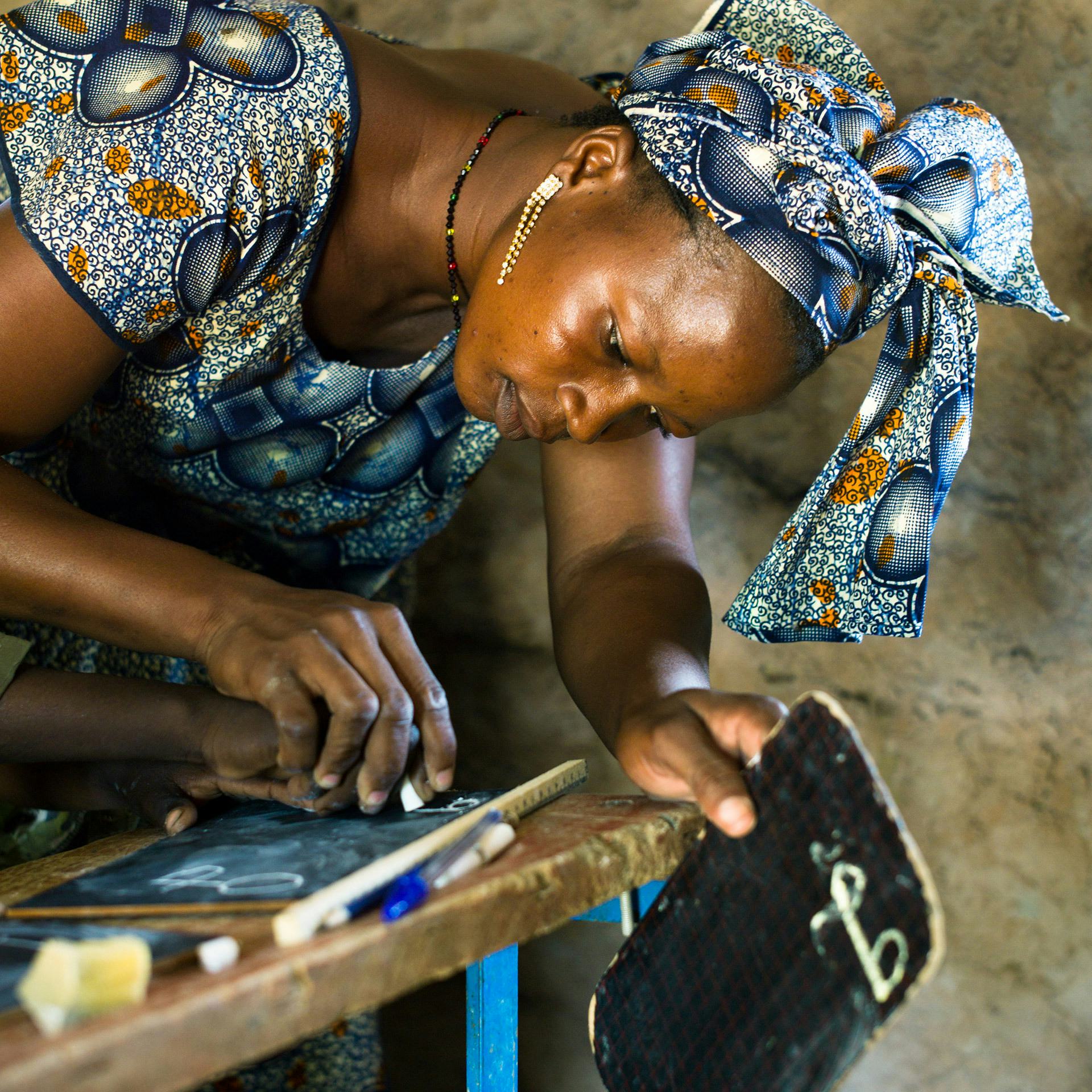
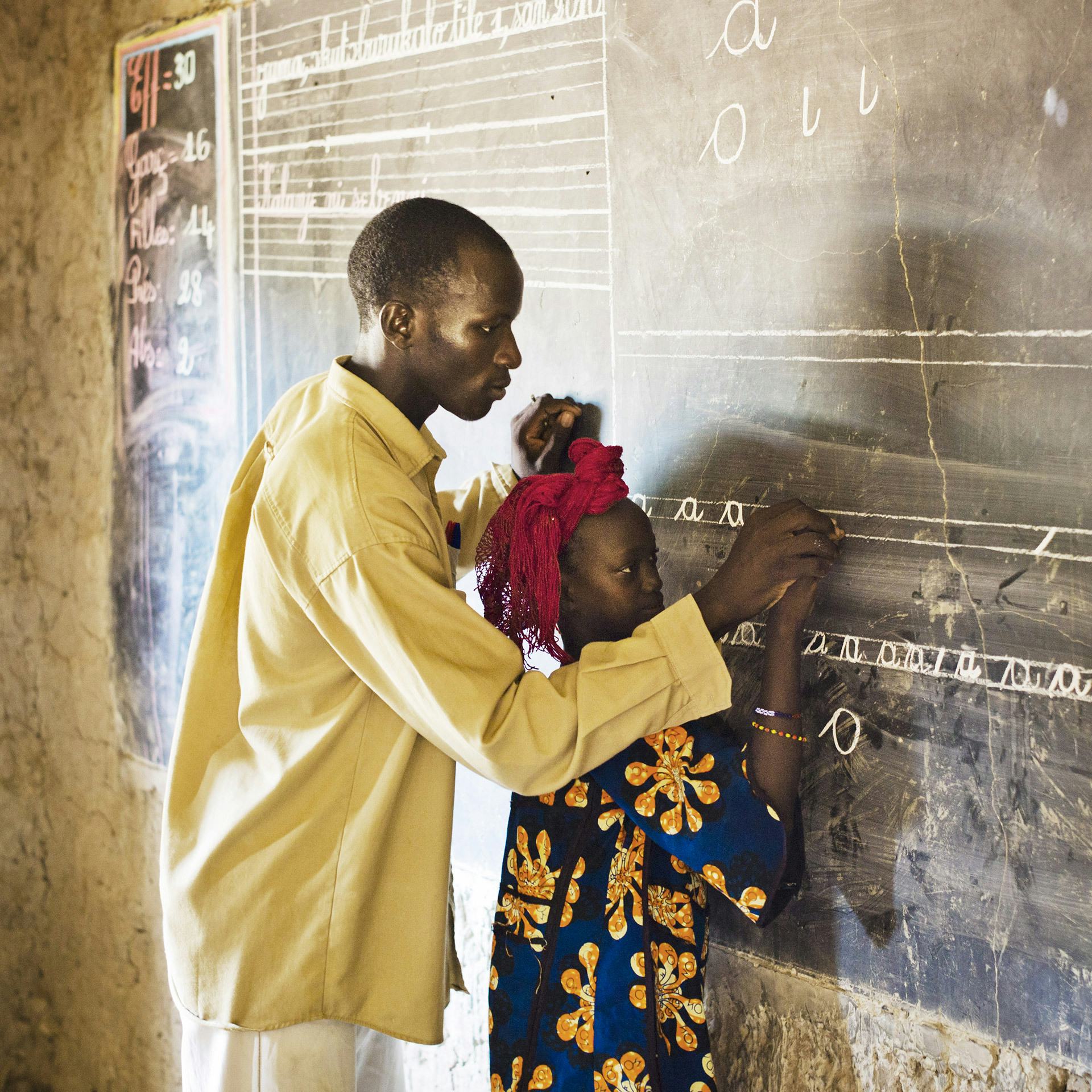
The Luminos Fund mobilises resources from a broad range of investors to deliver the Second Chance programme in areas where there are a large number of out-of-school children. The programme helps these children catch up on the education they have missed and enables them to transition back into mainstream schools.
The Luminos Fund focuses on joyful learning which sees children taught in a creative way through the use of songs, actions, games and activities. The Fund also ensures that its classes are kept small and that continuous assessment is paired with routine feedback to make sure that all children are aware of their own learning progress.
The teachers in each classroom are local young adults, who have been taught how to deliver the programme, and importantly, these local implementers of the programme understand the needs of those around them and are passionate about creating change in their communities.
In 2017, the Luminos Fund launched a programme specifically designed to help refugee children in Lebanon. The programme provides accelerated education to assimilate them into Lebanese classrooms and emotional support to help them deal with any traumas they may have suffered.
The Luminos Fund currently runs programmes in Ethiopia, Liberia, Lebanon, Ghana and The Gambia. These programmes are supported by a community of donors including Dubai Cares, UBS Optimus Foundation and the Cartier Philanthropy.
The Luminos Fund’s accelerated learning curriculum has continued to grow in recognition since its founding. In 2017, it was amongst six winners of the World Innovation Summit for Education (WISE) Awards and was recognised in 2018, 2019, 2020 and 2021 by HundrED as a leading education innovation.
The Fund’s activity and impact is proving that real systems change can happen if you have the right model, embrace collaboration and apply an open source approach to training others.

A research report conducted by the University of Sussex found that Luminos children outperform government school peers academically.
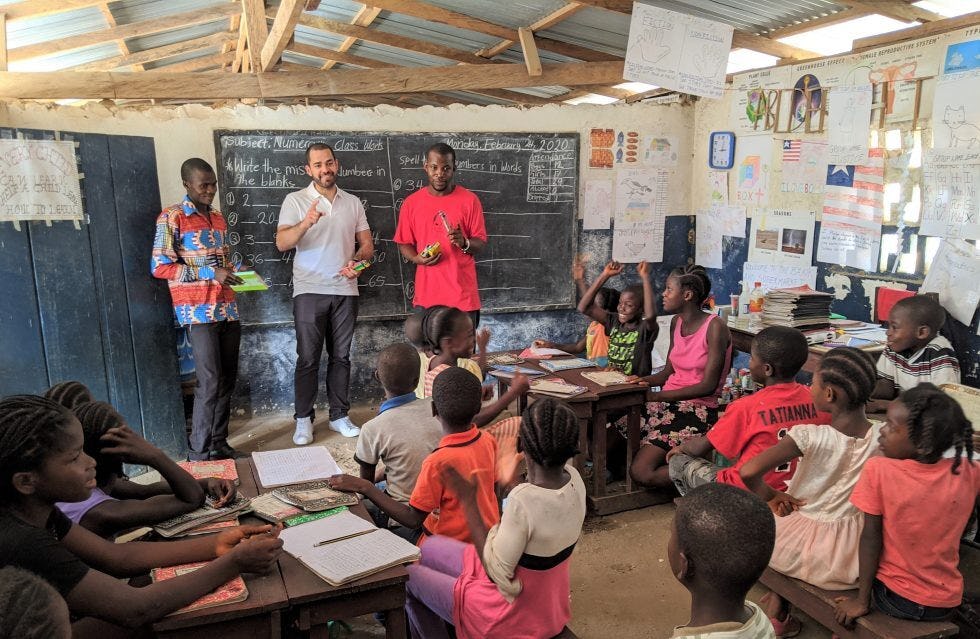
My visit to Luminos classrooms in Liberia
Impact and Insight: Michel Al-Moumen visits a Luminos Classrooms in Liberia
Dubai International Financial Centre
Dubai, United Arab Emirates




